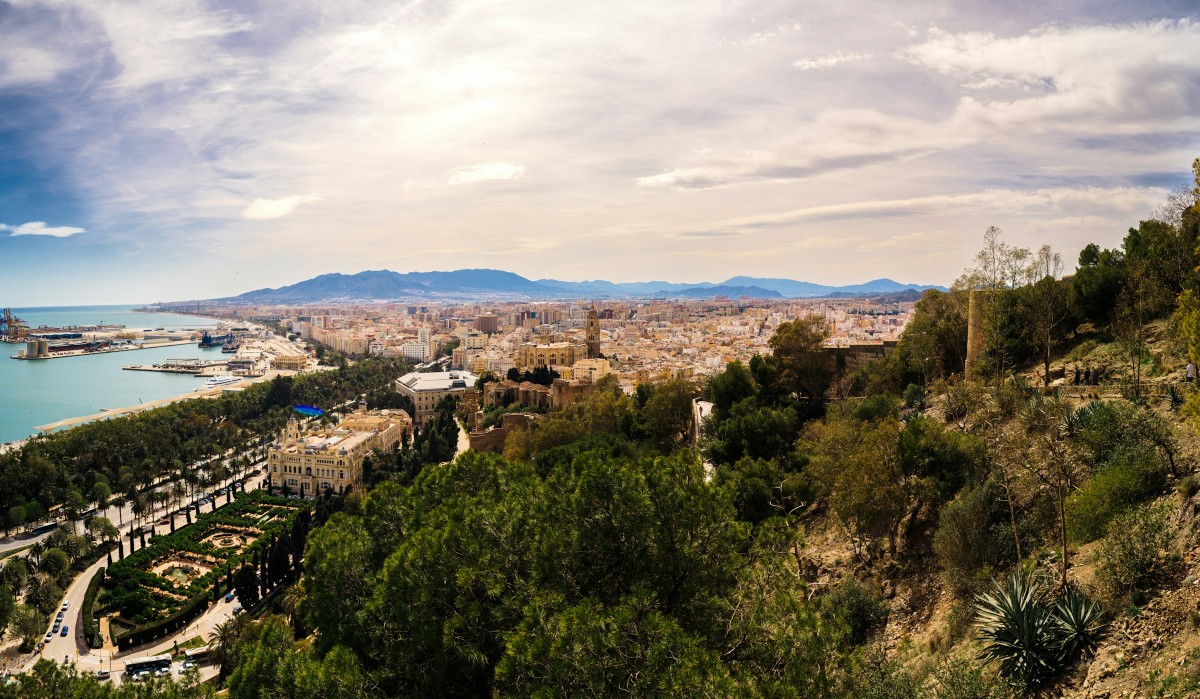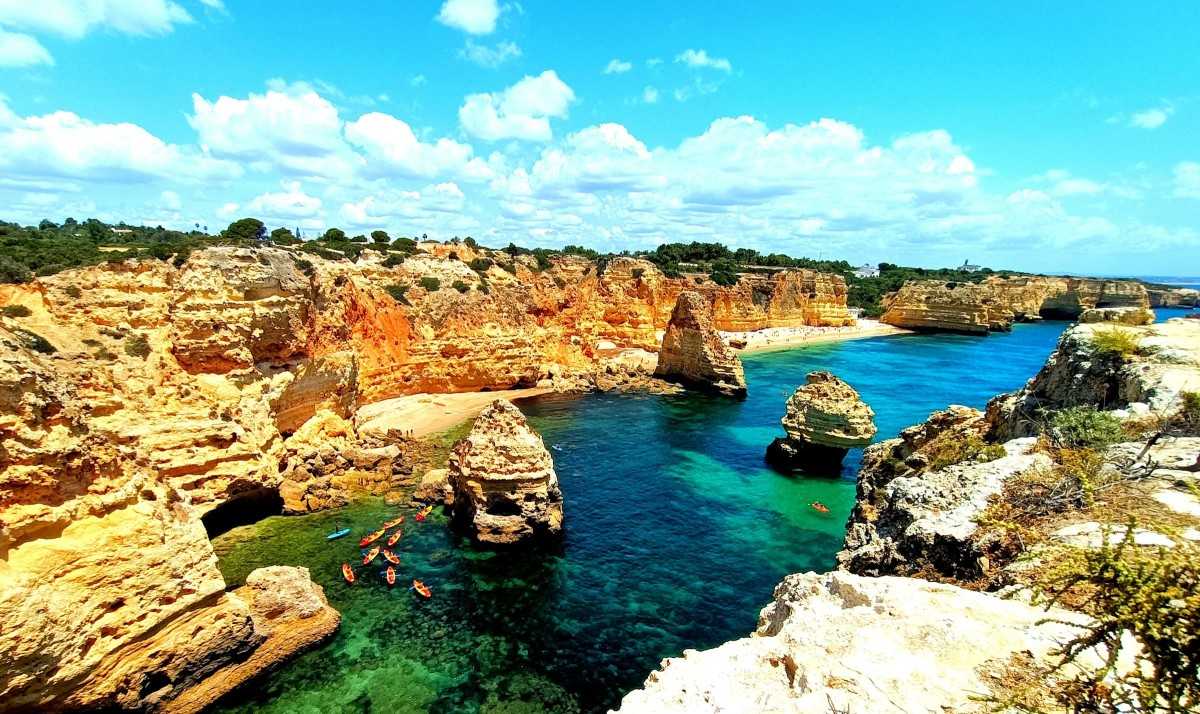
For retirees looking to spend their golden years basking in sunshine, eating well, and living affordably, Spain and Portugal are often top of the list.
Both countries offer warm climates, excellent healthcare, and thriving expat communities, but they each have unique differences that might make one a better fit than the other.
We’re going to take a look at the key differences between retiring in Spain vs Portugal, including residency rules, cost of living, taxation, lifestyle, and other considerations to help you make the right decision for your retirement.
Residency and visa options
How does permanent residency work for retirees in both Spain and Portugal?
Spain
Since Brexit, UK citizens now require a long-term visa to live in Spain. There are a number of options available, but many aren’t suitable for those looking to retire.
The most common route for retirees is the Non-Lucrative Visa, which requires proof of financial independence and private health insurance.
Spain recently phased out the Golden Visa in 2025, removing the property-based residency option.
After five years of continuous legal residence in Spain, non-EU citizens can apply for permanent residency, provided they meet specific financial and legal requirements.
Portugal
Portugal still offers the popular D7 Visa, a straightforward route for retirees with passive income.
Portugal’s visa requirements are often considered slightly more flexible, especially in terms of income thresholds though UK citizens, being classed non-EU citizens, still have to apply for residency.
Cost of living
In retirement, the cost of living becomes very important. How do these costs add up in Spain and Portugal?
Spain
Spain offers a wide range of options for retirees, from budget-friendly inland towns to luxury coastal resorts.
On average a single person can expect to live comfortably on around €1,200-€1,800 per month, while a couple might need in the region of €2,000-€2,800 to live comfortably.
Location can play a big part in the cost of living with areas like Valencia or Alicante being considered moderate, while cities like Madrid and Barcelona are typically more expensive.

Portugal
Portugal is generally more affordable than Spain overall though cities and tourist hotspots can be slightly more expensive.
Cities like Lisbon and Porto are among the most expensive, but smaller towns like Braga, Tavira, and Évora remain great value for money.
Taxes and financial considerations
What taxes and financial considerations do retirees need to be aware of when moving to Spain or Portugal?
Spain
Spain taxes worldwide income if you are classed as a tax resident (typically after spending more than 183 days in the country within a calendar year). This includes pensions, rental income, and investment returns.
While Spain offers double taxation treaties (including with the UK and the US), the administrative system can be challenging, and hiring a tax adviser is often recommended.
Portugal
Portugal’s Non-Habitual Resident (NHR) regime has been a major draw for retirees, offering a flat 10% tax on foreign pension income for up to 10 years.
Although the NHR scheme as many know it is now being phased out for new applicants (as of 2024), those already enrolled can continue to benefit.
Portugal does not impose a wealth tax and has relatively favourable inheritance rules. However, retirees should note that once NHR benefits expire, standard Portuguese tax rates will apply.
Find out more about Portugal's updated NHR scheme for 2025 - this new scheme, effective from January 1, 2024, aims to attract highly qualified professionals in scientific research and innovation sectors. This is everything you need to know.
Healthcare
For retirees, what do Spain and Portugal have to offer in regard to healthcare?
Spain
Spain boasts one of the best healthcare systems in Europe, and retirees can access public healthcare after registering as residents.
Private insurance is typically required for visa purposes and can be beneficial when moving to a new country.
Portugal
Portugal also offers excellent healthcare, with both public and private options. English is widely spoken in the healthcare sector, particularly in the Algarve.
Both countries offer good healthcare services though you may need to travel further for services if you choose to settle in a rural town or village.
Lifestyle and culture
Both locations offer excellent lifestyle benefits for retirees.
Spain
Spain is culturally diverse, with distinct regions offering very different experiences. From the beaches of the Costa del Sol to the historical charm of Seville, there’s something for everyone.
Whether you value late-night dining, beautiful nature or historic charm, every corner of Spain has something to offer.
Portugal
Portugal offers a slower pace of life with a warm and welcoming atmosphere. The Algarve is particularly popular among retirees for its mild winters and scenic coastline.
Portuguese culture is known for its hospitality, traditional music, and slower pace. It’s ideal for those looking to relax and enjoy their golden years in the sun.

Language and integration
It’s always recommended to learn the local language when you retire to a new country but local knowledge of English can be useful as you try to navigate your move.
Spain
While English is spoken in major cities and expat hubs, knowledge of Spanish greatly improves integration and everyday convenience.
Portugal
Portuguese is more widely spoken among the general population, but many locals (especially in the Algarve and Lisbon) speak English well, making day-to-day life easier for new arrivals.
Real estate and housing
Spain
Property markets are highly developed in Spain with a wide range of options. Although the Golden Visa is no longer available, there are still many opportunities to buy in coastal towns, cities, or rural areas. Prices vary considerably by region.
Portugal
Portugal’s property market is smaller but growing rapidly. Prices are still more affordable than Spain in many areas, especially inland or in the north. Demand in Lisbon and the Algarve has pushed prices up, but great value can still be found elsewhere.
Climate and geography
What can retirees in Spain and Portugal expect when it comes to climate and local geography?
Spain
Larger and more geographically varied, Spain offers everything from snowy mountains to lush coastlines. Southern Spain sees hotter summers, while the north is cooler and greener.
Portugal
Portugal has a milder Atlantic climate, with less extreme summer heat and more rain in the north. The Algarve enjoys a sunny, dry climate ideal for retirees seeking year-round warmth.
Which country is better for retirement, Spain or Portugal?
Both Spain and Portugal are excellent retirement destinations, offering sunshine, safety, and a high quality of life.
If you prioritise tax efficiency and affordability, Portugal may be your best choice. If you prefer cultural variety and more real estate options, Spain is a great option.
Whichever you choose, both countries offer a rewarding lifestyle for your next chapter.
